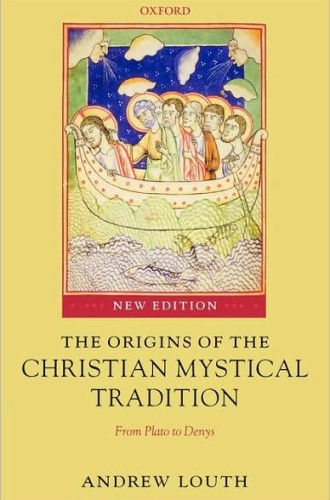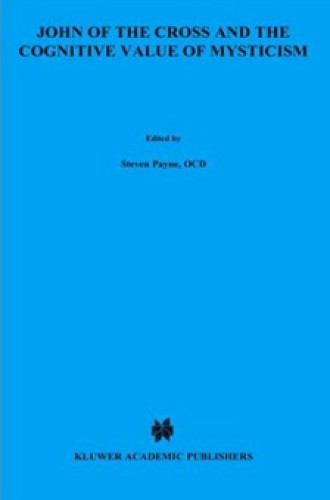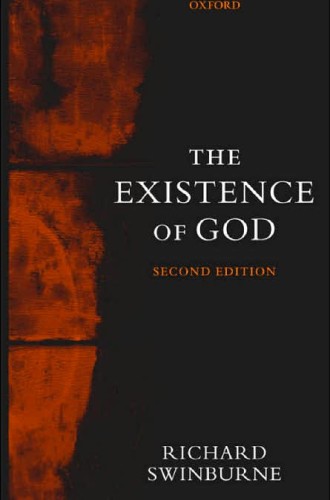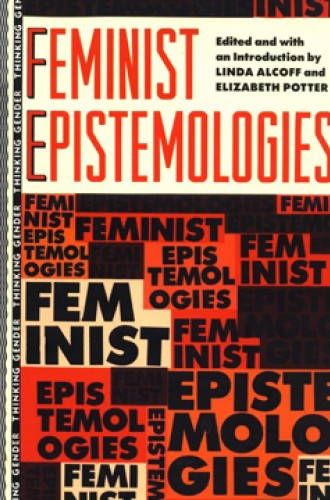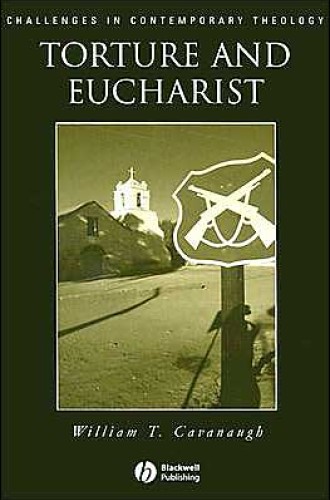Sarah Coakley: 5 picks
Andrew Louth, The Origins of the Christian Mystical Tradition: From Plato to Denys. If you are struggling to integrate prayer and theology, this is a book you need to keep at hand. Louth begins with the origins of Christianity's controversial alliance with Platonism and with the birth of mystical theology and takes the story as far as the end of the patristic period. Controversial at points, Louth's book deserves its status as a classic.
Steven Payne, John of the Cross and the Cognitive Value of Mysticism: An Analysis of Sanjuanist Teaching and Its Philosophical Implications for Contemporary Discussions of Mystical Experience. This is a gem of a book by a Discalced Carmelite who was trained in philosophy under Norman Kretzmann at Cornell and is now forming the next generation of African Carmelites amid difficult circumstances in Nairobi. I know of no clearer account in English of the teaching of John of the Cross. Like Louth, Payne refuses the modern disjunctions between spirituality, theology and philosophy.
Richard Swinburne, The Existence of God. I disagree with Swinburne's argument in important respects, yet I deeply respect his fundamental project. Swinburne refused to give up on arguments for the existence of God at a time when the postmodern theological tide was flowing in the opposite direction. He was right. If we don't have apologetic arguments up our sleeve to respond to skeptical atheism, we are empty-handed as Christians.
Linda Alcoff and Elizabeth Potter, editors. Feminist Epistemologies. As an epistemological antidote to Swinburne, I recommend a left-field feminist volume, a book I keep coming back to. The contributors include the best secular feminist philosophers of the period. Philosophy of religion, vital for the future of theology's status and accountability in the university and in society at large, is blinkered until it takes on the insights of people on the margins. This book shows how to reorder the debate to attend to what has been pushed out of sight, even by liberal theologians.
William T. Cavanaugh, Torture and Eucharist: Theology, Politics, and the Body of Christ. Published in 1998, Cavanaugh's book is an astonishing achievement. It not only points the way beyond the old liberation theology of the 1970s and 1980s, but also indicates a new way of grounding theology in social and political realities (in this case in Chile), yet without reducing theological analysis to nontheological explanations.
See more theologians' top picks.


